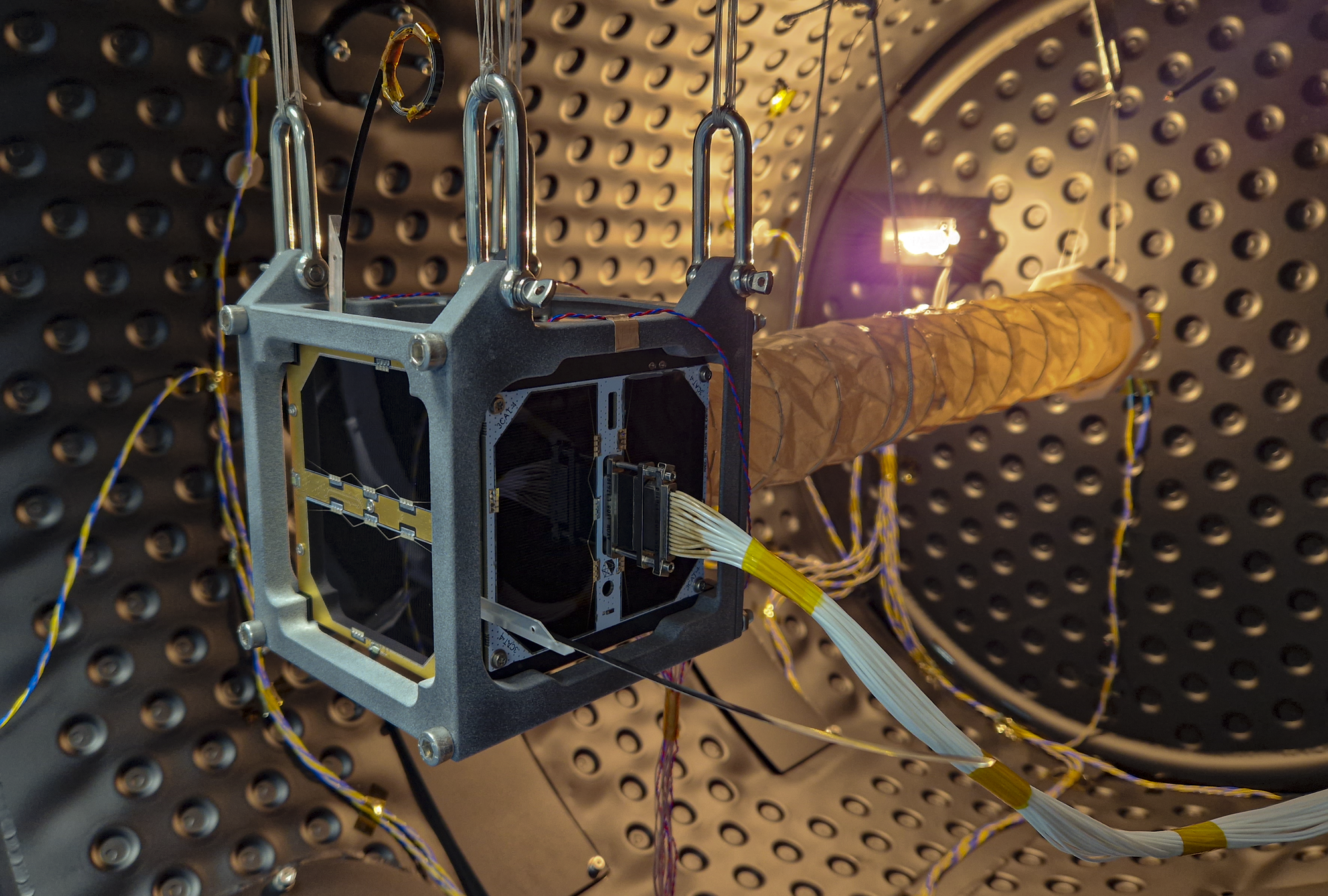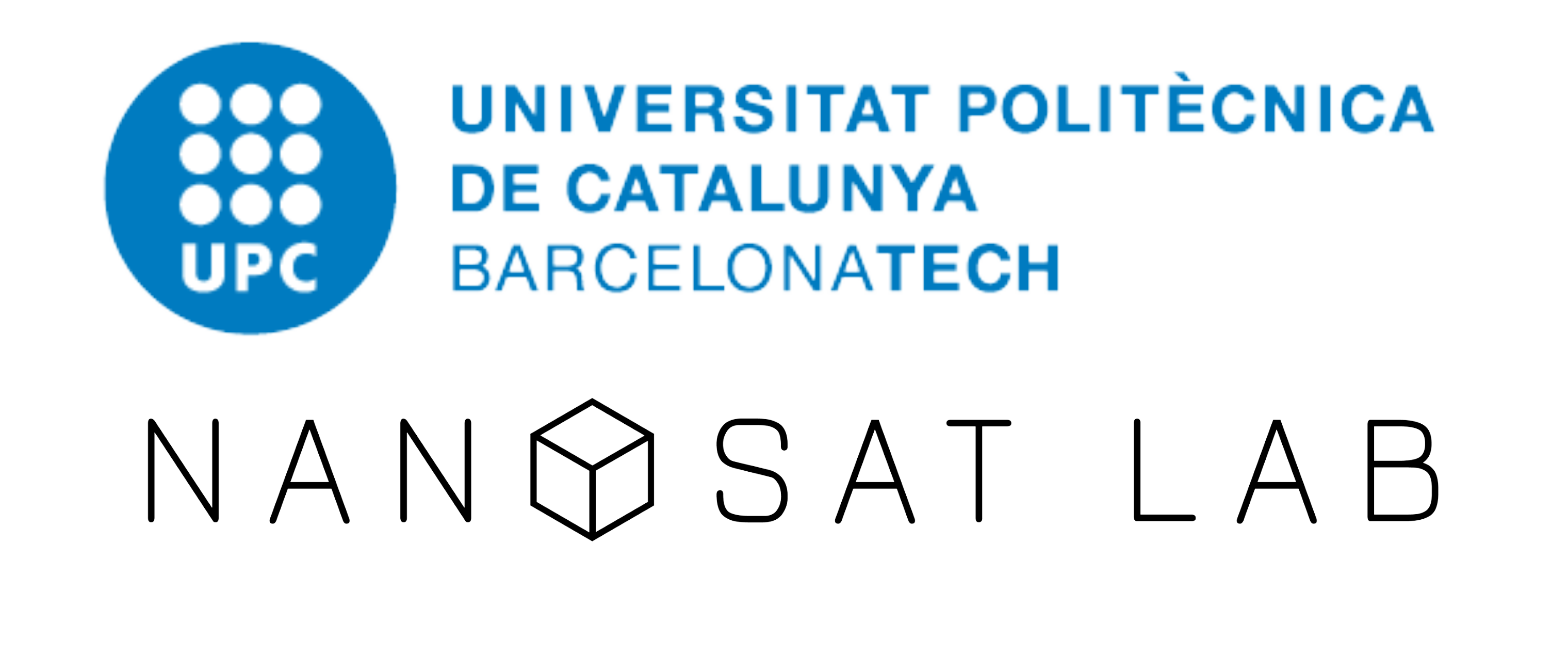Ready to build your own satellite? Join us in designing, developing, and testing a real PocketQube satellite! You’ll tackle challenges in space engineering, from power systems to communication protocols, while working with cutting-edge technology in our state-of-the-art facilities. Learn how these tiny 5cm cube satellites are revolutionizing space education and exploration.
What?
Students will engage in the complete development cycle of a PocketQube satellite, the world’s smallest operational satellite format. This hands-on project covers all aspects of satellite development, from initial concept to final testing phases.
Why?
PocketQubes represent the most accessible pathway to space, enabling students to gain real-world experience in satellite development at a fraction of traditional costs. This project addresses the growing need for skilled space engineers while democratizing access to space technology education.
How?
Using our state-of-the-art laboratory facilities, students will:
- Industry-grade testing equipment
- Design satellite components using professional CAD software
- Program onboard systems using industry-standard tools
- Assemble and integrate satellite components in clean room conditions
- Conduct environmental testing using professional equipment
- Develop ground station communications protocols
The project employs a mix of theoretical learning and practical implementation, featuring:
- Daily hands-on laboratory sessions
- Industry expert presentations
- Team design reviews
- Final project presentation
Students will face real-world challenges in:
- Power management for space applications
- Thermal control in space environment
- Communications system design
- Attitude determination and control
- Space mission planning
Knowledge gained includes:
- Spacecraft systems engineering
- Space environment considerations
- Project management skills
- Technical documentation
- Team collaboration in space projects
Learning objectives
- Master fundamental principles of satellite design and space systems engineering through hands-on PocketQube development
- Develop practical skills in space technology, including CAD design, programming, and systems integration
- Gain experience in project management and team collaboration within the space industry context
Matching profiles
The project is ideal for students interested in:
- Aerospace Engineering
- Electronic Engineering
- Mechanical Engineering
- Computer Science
- Physics
- Robotics
- Systems Engineering
- Space Technology
- Telecommunications
- Project Management
Required materials
- Laptop with minimum 8GB RAM
- Scientific calculator
- Notebook and writing materials
- USB drive (minimum 32GB)
- Safety glasses (will be provided if needed)
- Lab coat (will be provided)









